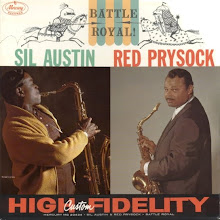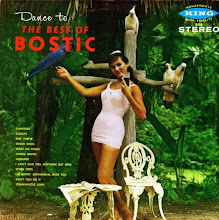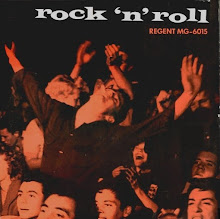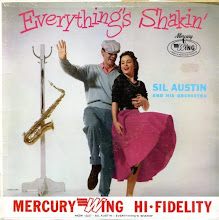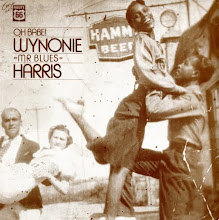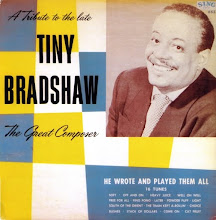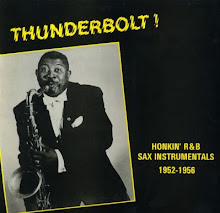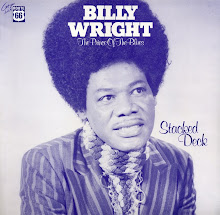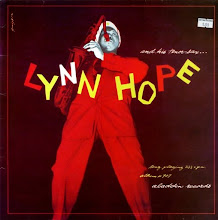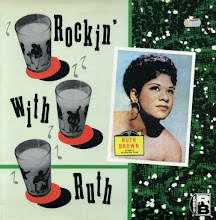Side A:
1. Let Me Go Home, Whiskey2. Three Times A Fool
3. Boo Hoo
4. Empty Arms Blues
5. Operation Blues
6. Every Day Of The Week
Side B:
1. Put Something In My Hand
2. Darling How Long
3. What Can I Do
4. I Need Someone
5. I Love You Anyway
6. Baby, Baby All The Time
Be Bop Wino proudly presents the third instalment of “Operation Amos” – the revival of those Pathe Marconi LPs from the 1980s which introduced so many of us to one of the greatest of all R&B stars – Amos Milburn.
You can check out two more LPs from the series on this blog – “Let’s Have A Party” and “13 Unreleased Masters.” And there are two more to come, so have patience all you fans of real rockin’ R&B, boogie woogie, sleazy early rock n’ roll, blues and smoky nightclub ballads. Which sentence nicely describes the repertoire of the peerless Mr. Milburn and saves me having to write an outline of his career. I’ll get round to it someday. Honest.
In the meantime as I said on an earlier Amos post, just get a hold of “The Unsung Heroes of Rock and Roll” by Nick Tosches and read the relevant chapter which contains invaluable advice on avoiding playing dice in chicken shacks, and the foolishness of drinking and smoking your way to a stroke and having to get your leg amputated, and then finding God when it’s too late. Verily, words of wisdom which are especially relevant to the hedonistic younger generation of today.
Now let’s take a whirlwind chronological tour through the tracks on this crackly as hell slab of vinyl.
First off it’s “Darling How Long” which is from Amos’ first ever session for Aladdin in September 1946. A hissy, crackly track with a nice ballad performance from the recording debutant. There may be a bass and drums in there, but they are almost inaudible.
“Operation Blues” dates from December 1946 and is a nice example of the kind of double entendre blues that Amos liked to record. Something about injecting a woman with medicine. It’s nice to see Mr. Milburn so concerned about the lady’s health. I don't know why he tells her to put her big legs up on the wall. Whatever he’s doing she wants him to do it faster. I’m sure it’s all perfectly innocent.
We jump forward to 1947. In October Amos recorded “What Can I Do,” a nice ballad with simple piano, bass and electric guitar accompaniment. This is very reminiscent of the King Cole Trio. “Empty Arms Blues” is from December 1947 when record labels were frantically stockpiling sides with the AFM strike looming. See “13 Unreleased Masters” for more tracks recorded at this time. This one was released. It’s a fairly standard blues with some nice sax fills by Maxwell Davis and a glorious piano workout from Amos.
 |
| 78 rpm label scan courtesy El Enmascadero Del Platter |
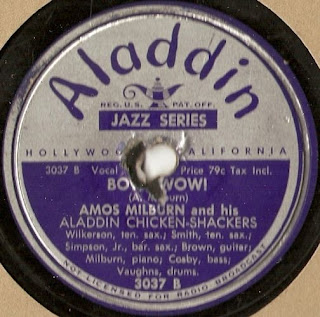 |
| And here's the B side from El Enmascadero Del Platter |
“I Love You Anyway” is from April 1951 and features full band backing with good electric guitar weaving out and in the arrangement. It’s Amos’ piano playing which provides the big instrumental break while the saxes riff unobtrusively in the background. The song itself ain’t all that hot though. “Put Something In My Hand” from January 1952 is a good smoky nightclub style blues with Amos lamenting his woman’s generosity towards the local tradesmen while not putting any money into Amos’ hand. At least I think it’s about money. The sleazy sax interjections may be hinting that it ain’t all about cash.
 |
| The Aladdin Chicken-Shackers - did they have the X Factor? |
Onwards, ever onwards through the long blues night and we reach August 1952 and “Boo Hoo.” There’s a noticeable improvement in sound quality compared to the earlier recordings. This is a superb moody blues – I love it.
We skip forward to December 1952 and both sides of Aladdin 3164. “Three Times A Fool” is another blues set against an insistent sax / piano riff with nice guitar featured. It’s rock and roll for adults before Pat Boone invented rock and roll and the kids took over. The other side of the disc “Let Me Go Home, Whiskey” is a classic. One of a series of booze anthems recorded by Amos in the early 1950s, it’s in the same vein as “Bad, Bad Whiskey,” “Good, Good Whiskey” and “One Scotch, One Bourbon, One Beer” which you can hear on “Let’s Have A Party.” Unfortunately Amos was living the life depicted in these hymns to alcohol with consequences that would prove pretty catastrophic.
Three to go. “Baby, Baby All The Time,” recorded in March 1954, is another classic blues ballad. It’s a fantastic vocal performance from the man. As the mid 1950s approached the hits began to dry up for Amos, which is a damned shame as he was recording some great stuff. From April 1956, “I Need Someone” is a real soulful performance with a female vocal chorus which acquits itself very well with an almost gospel style accompaniment. At this stage of the game Amos’ career was stalling but if he had persevered with this kind of material who knows what may have happened.
And so to “Every Day Of The Week” recorded in New Orleans in September 1956. Amos is in fine voice and there’s great backing especially from the tenor sax of Lee Allen, but it’s a pretty unmemorable song. Basically it’s formulaic rock and roll and it was hardly the kind of thing that was going to revive the career of the one time R&B superstar.
I bought this LP second hand and there’s a fair bit of crackle and pop on it. But what care we, the fans of real rhythm and blues?
Ripped from vinyl at 320 kbps.
Download from here:
http://www78.zippyshare.com/v/VAFUg3mP/file.html
1. Let Me Go Home, Whiskey (December 18, 1952. Aladdin 3164)
2. Three Times A Fool (December 18, 1952. Aladdin 3164)
3. Boo Hoo (August 21, 1952. Aladdin 3159)
4. Empty Arms Blues (December 18, 1947. Aladdin 3032)
5. Operation Blues (December 13, 1946. Aladdin 174)
6. Every Day Of The Week (September, 1956. Aladdin 3340)
7. Put Something In My Hand (January 29, 1952. Aladdin 3125)
8. Darling How Long (September 12, 1946. Aladdin 160)
9. What Can I Do (October 27, 1947. Aladdin 3197)
10. I Need Someone (April 9, 1956. Aladdin 3320)
11. I Love You Anyway (April 18, 1951. Aladdin 3281)
12. Baby, Baby All The Time (March 26, 1954. Aladdin, 3248)

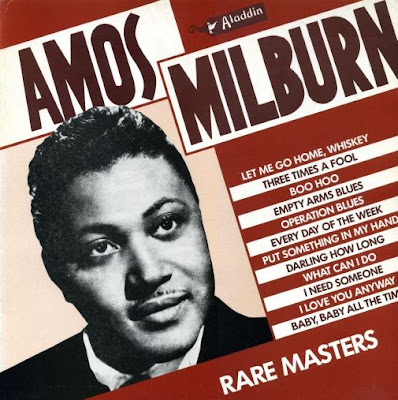








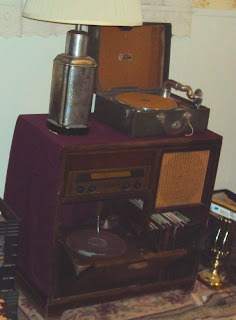














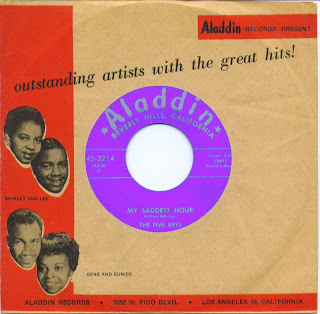














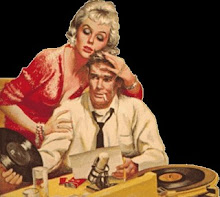


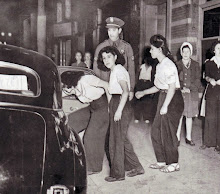



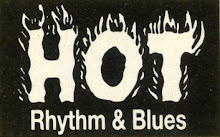
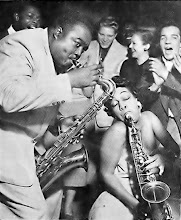






.jpg)
%2078%20-%2010014B.jpg)















